BRIEF RESEARCH REPORT
Published on 22 Oct 2021
Diffusion Tensor Imaging of the Olfactory System in Older Adults With and Without Hyposmia

doi 10.3389/fnagi.2021.648598
- 1,713 views
- 9 citations
40k
Total downloads
169k
Total views and downloads
Select the journal/section where you want your idea to be submitted:
BRIEF RESEARCH REPORT
Published on 22 Oct 2021

REVIEW
Published on 13 Jul 2021
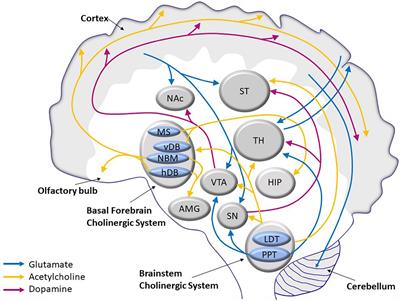
ORIGINAL RESEARCH
Published on 24 Jun 2021

REVIEW
Published on 29 Apr 2021
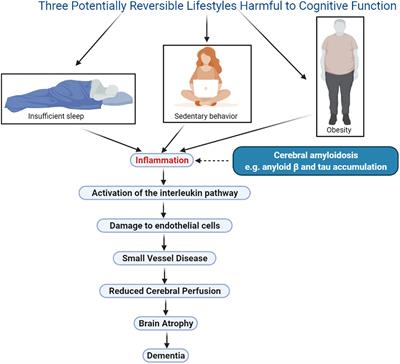
ORIGINAL RESEARCH
Published on 13 Apr 2021
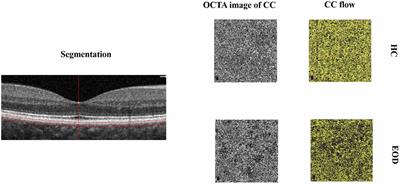
ORIGINAL RESEARCH
Published on 01 Apr 2021

ORIGINAL RESEARCH
Published on 16 Mar 2021
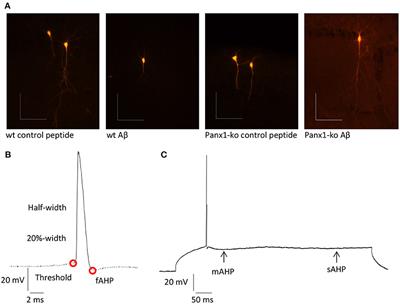
BRIEF RESEARCH REPORT
Published on 11 Mar 2021
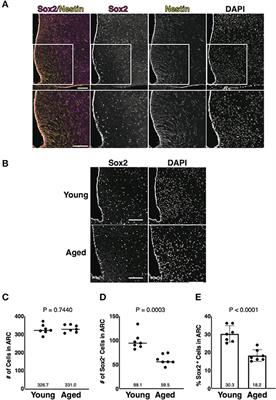
MINI REVIEW
Published on 01 Mar 2021

REVIEW
Published on 25 Feb 2021
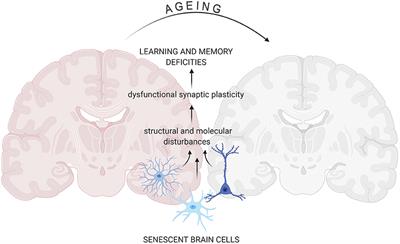
ORIGINAL RESEARCH
Published on 24 Feb 2021
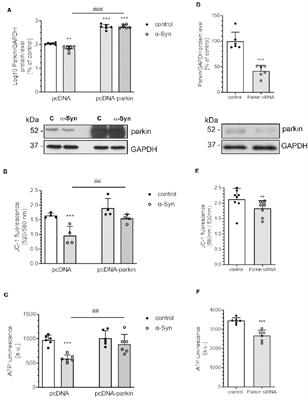
REVIEW
Published on 18 Feb 2021

